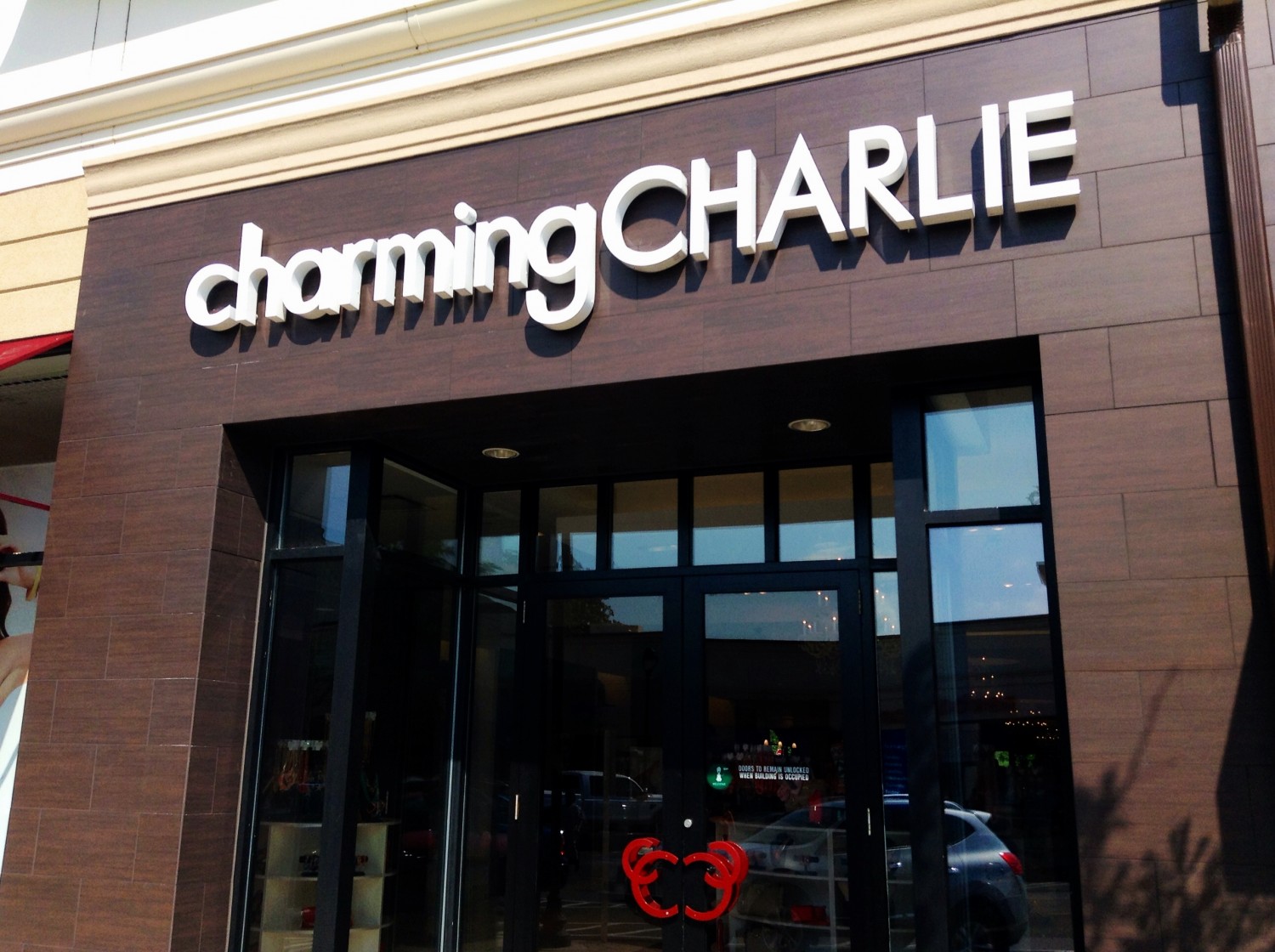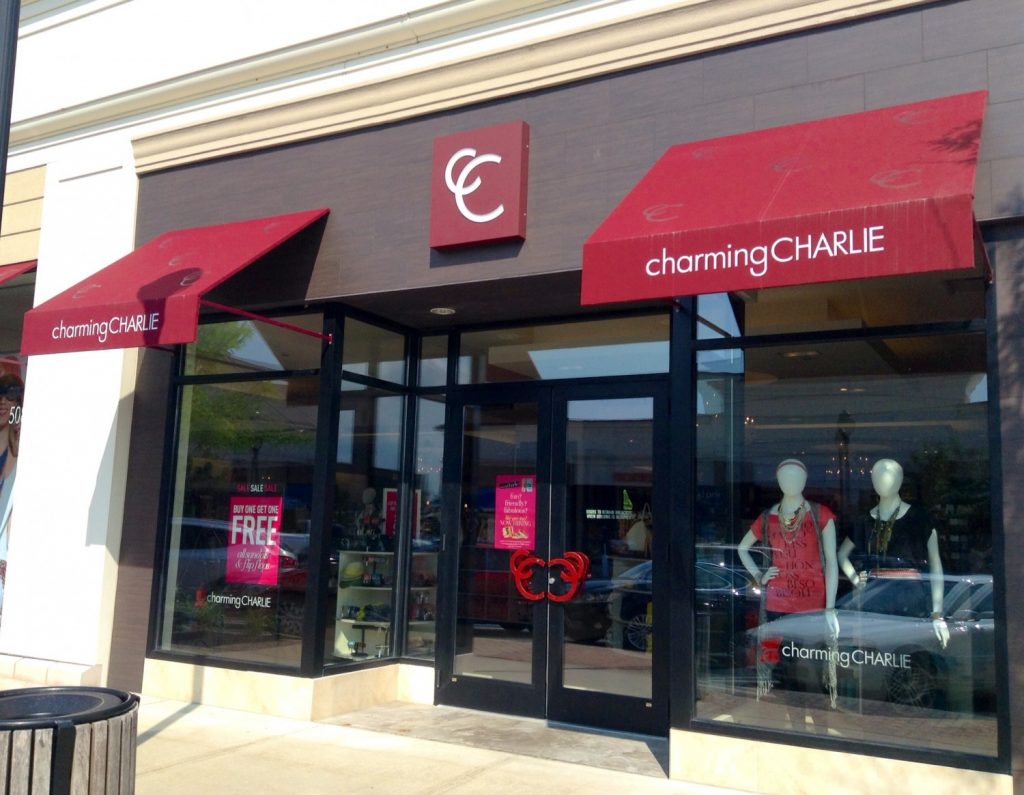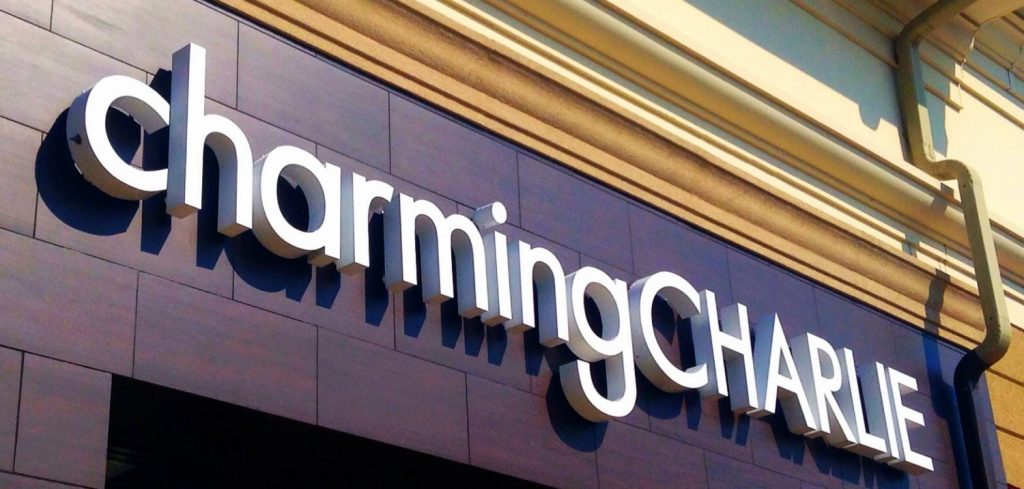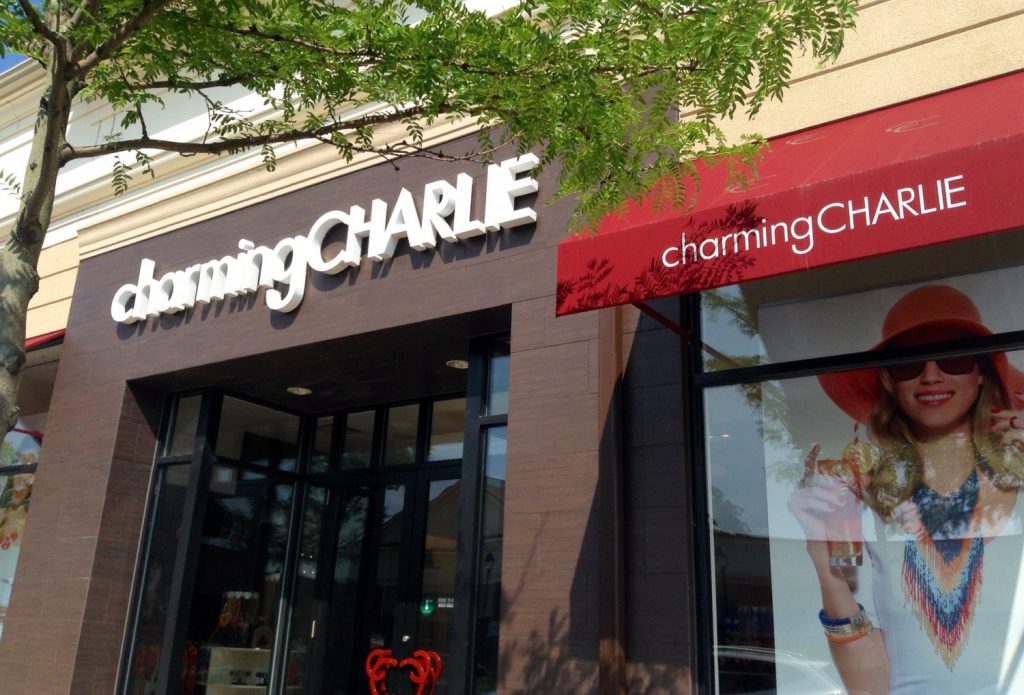Charming Charlie was once a go-to retail chain for affordable apparel and accessories.
Unfortunately, the company recently filed for bankruptcy and announced plans to close 100 of its stores by the end of the year.
The speciality store has faced many of the same roadblocks that a lot of retailers are dealing with these days, including the increased tendency for shoppers to buy online rather than at physical stores.
Beyond that, Charming Charlie has had some issues with merchandise and inventory.
Charming Charlie CFO Robert Adamek said in a court filing that: “The general shift from brick-and-mortar retail has been further exacerbated by merchandising miscalculations, lack of inventory [and] an overly broad vendor base, all of which has led to underperformance and reduced sales.”
RELATED: These 36 Popular Retailers Are Closing Stores In 2017
In addition, the retailer’s revenues have fallen 22 percent and its profits have fallen by 75 percent over recent years.
Despite recent struggles, the company further compounded the problem by expanding by 79 stores between 2013 and 2015, a move which, in retrospect, has contributed to its demise.
Because the company was unable to secure a loan to make it through the crucial holiday season, executives were forced to make the decision to file for Chapter 11 bankruptcy. They hope that restructuring will be successful and allow the company to thrive once again.
“We are confident that by reducing the size and scale of our business, we can focus on the core strengths that make the company successful,” interim CEO Lana Krauter said in a statement.
Charming Charlie is one of many speciality retailers to file for bankruptcy and restructure in a bid to save floundering businesses. Payless, Gymboree, Rue21, True Religion, The Limited, Alfred Angelo, Toys ‘R’ Us and Vitamin World all entered Chapter 11 in 2017.
It remains to be seen whether these last-ditch efforts will be enough to sustain these once-successful businesses going forward.
In addition to competition from online behemoths like Amazon, traditional retailers are facing a number of other challenges including the over-proliferation of malls as well as the shift from spending disposable income on material goods to spending on experiences like dining out and travel.
[h/t Retail Dive]















